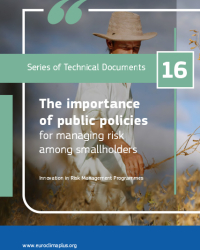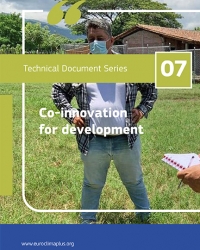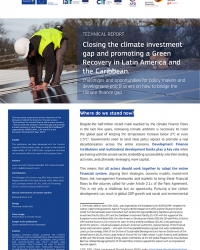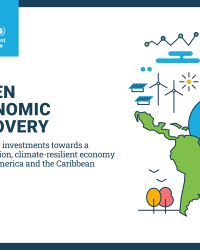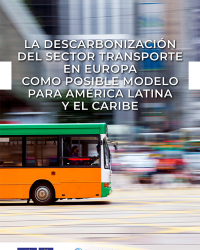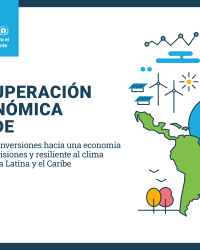Fair and effective climate policies: engaging indigenous peoples
1768 Downloads
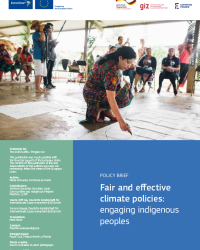 The participation of indigenous peoples in climate action is widely recognised as a crucial element in formulating inclusive and effective policies. This is not only because indigenous peoples receive relatively greater impacts resulting from the effects of climate change and biodiversity loss, but also because they possess traditional knowledge, technologies and practices for climate change mitigation and adaptation.
The participation of indigenous peoples in climate action is widely recognised as a crucial element in formulating inclusive and effective policies. This is not only because indigenous peoples receive relatively greater impacts resulting from the effects of climate change and biodiversity loss, but also because they possess traditional knowledge, technologies and practices for climate change mitigation and adaptation.
This publication analyses experiences promoted by EUROCLIMA+ in the region that seek, on the one hand, to promote their participation as part of public policy formulation processes in the climate field and, on the other hand, to rescue and revalue their traditional knowledge and practices for a more effective approach that reinforces their resilience.
| Category: | Serie Documentos técnicos |
| File Size: | 1.95 MB |
| Hits: | 12527 Hits |
| Download: | 1768 times |
| Título: | Fair and effective climate policies: engaging indigenous peoples |
| Autor: | María Fernanda Contreras del Valle |
| Año: | 2022 |
| Autor institucional: | EUROCLIMA+, GIZ, EF |
| Formato: | PDF: 8 p. |

